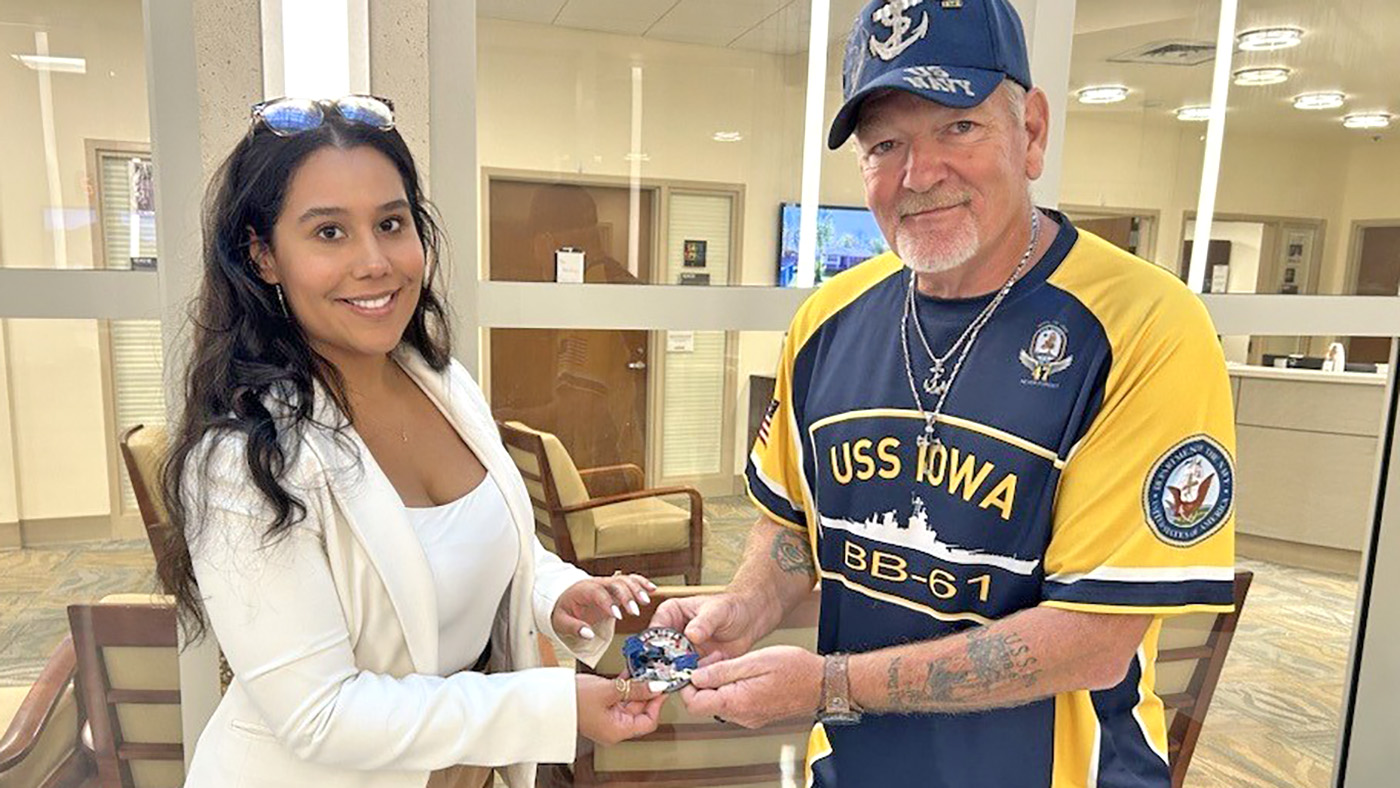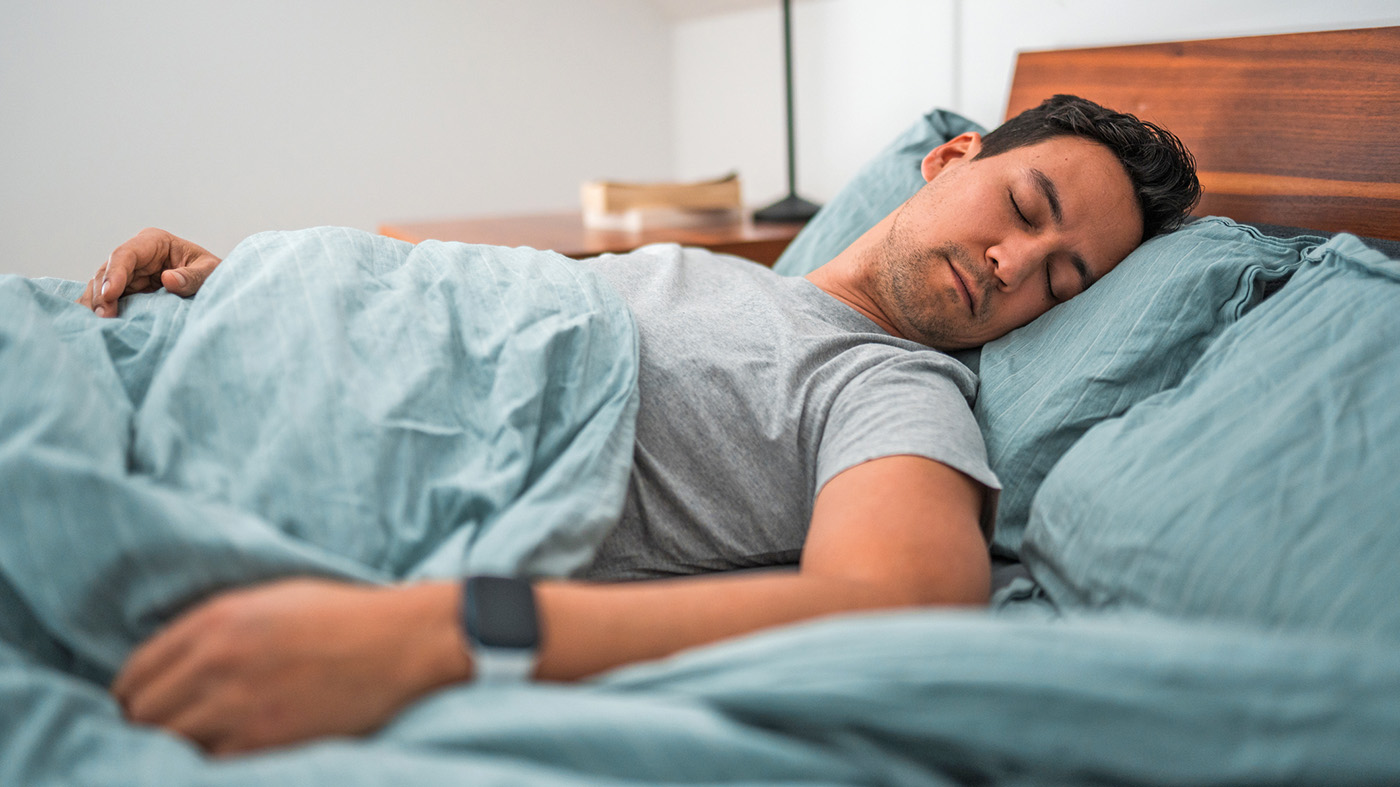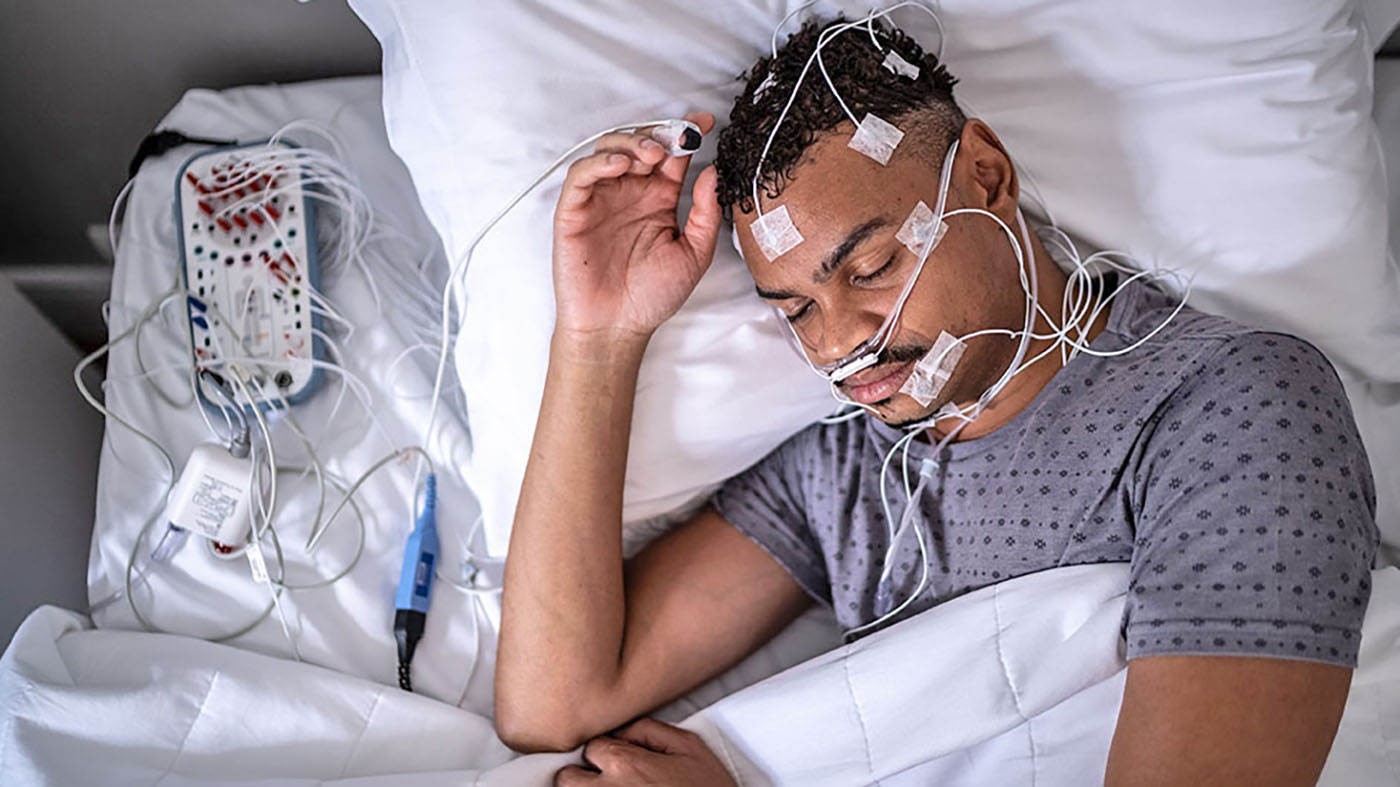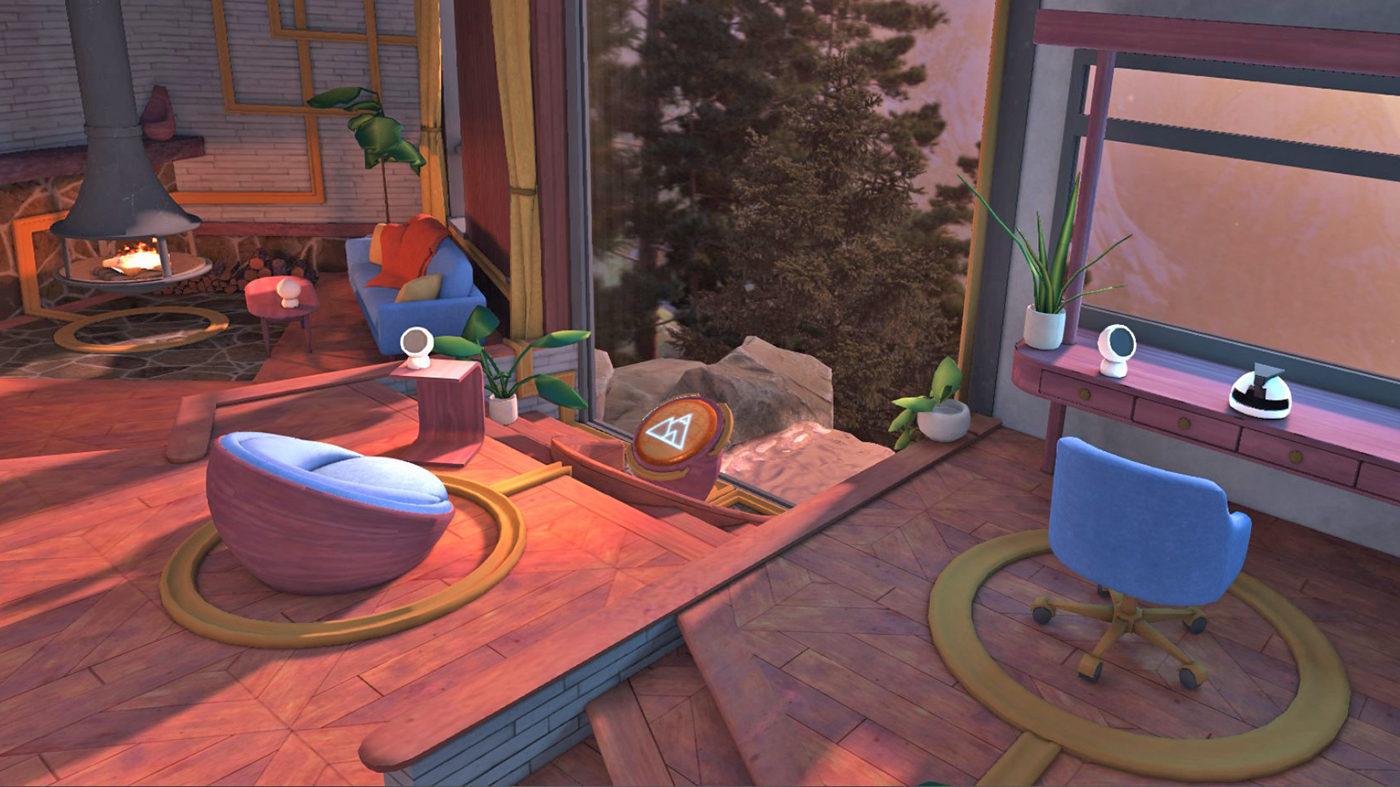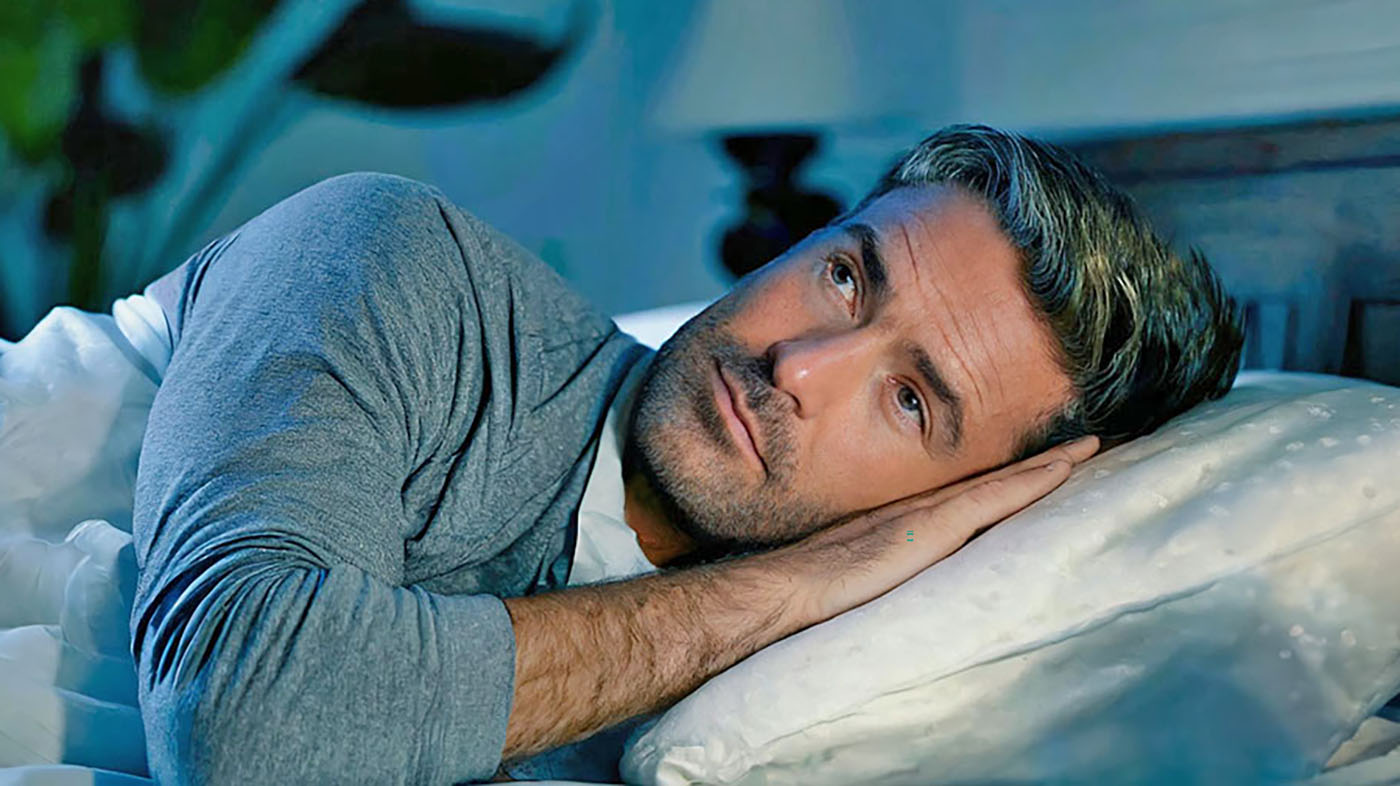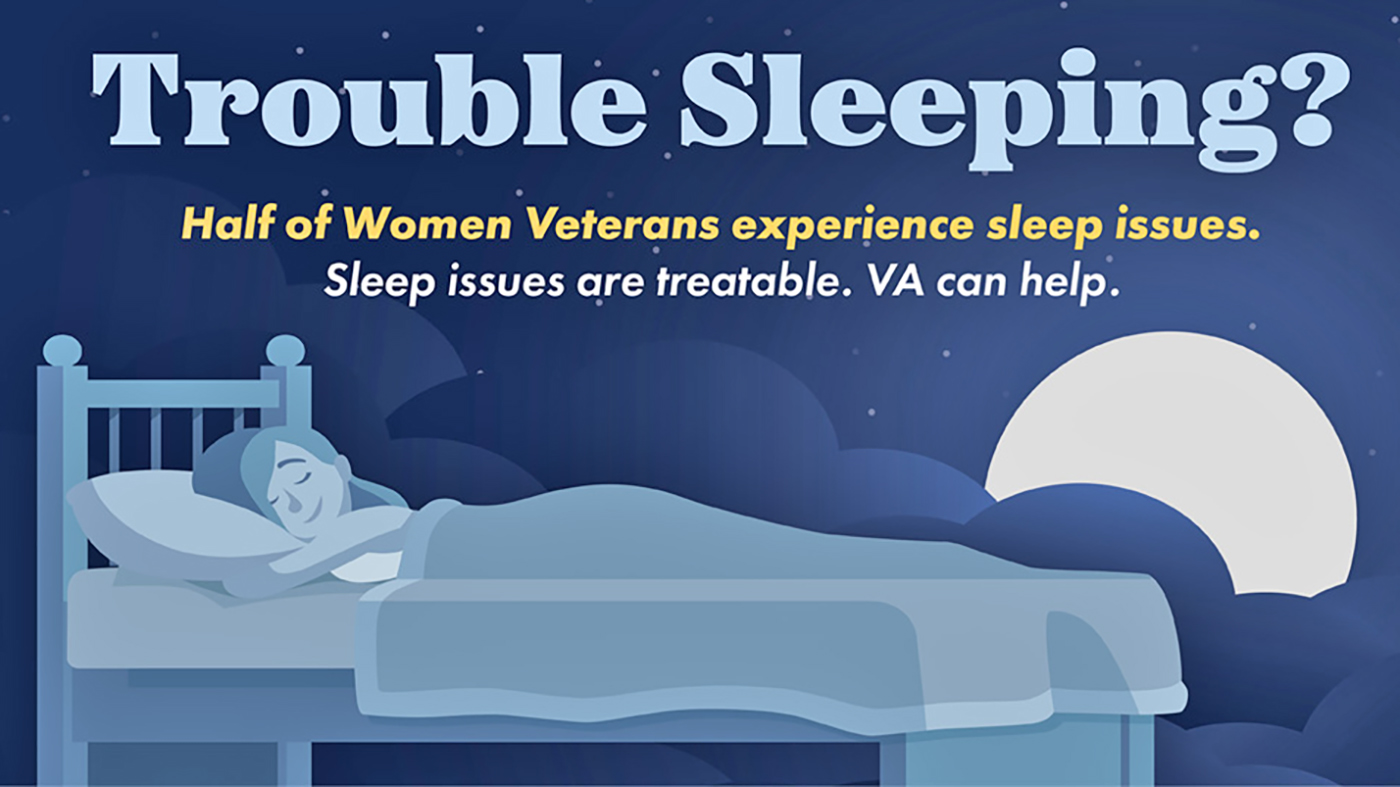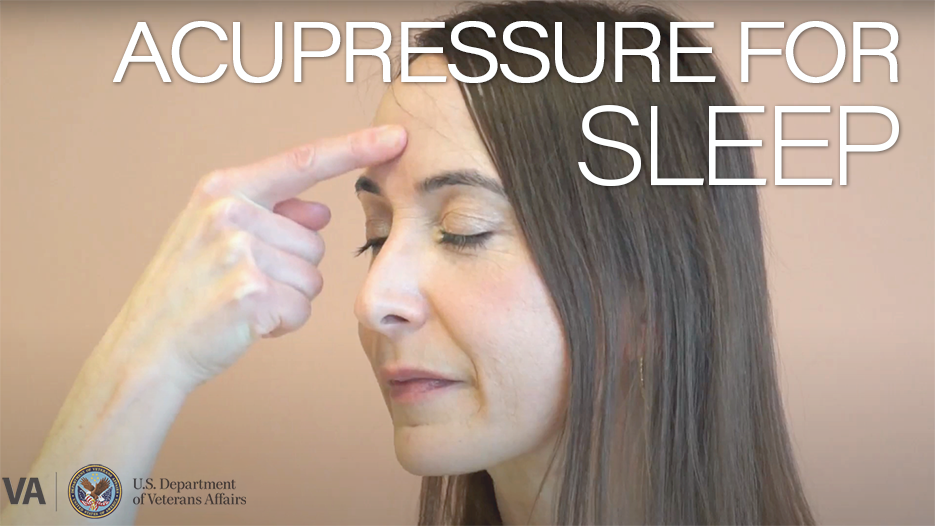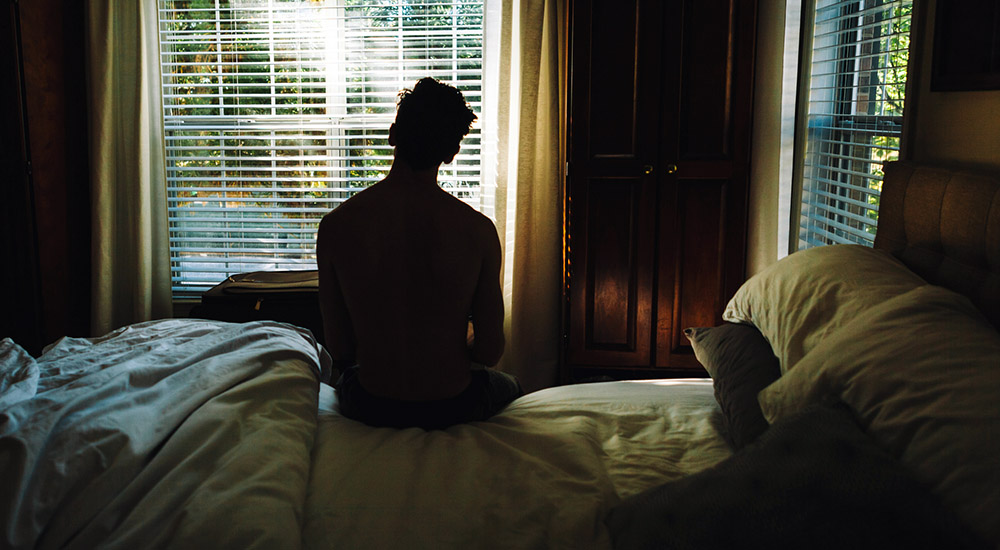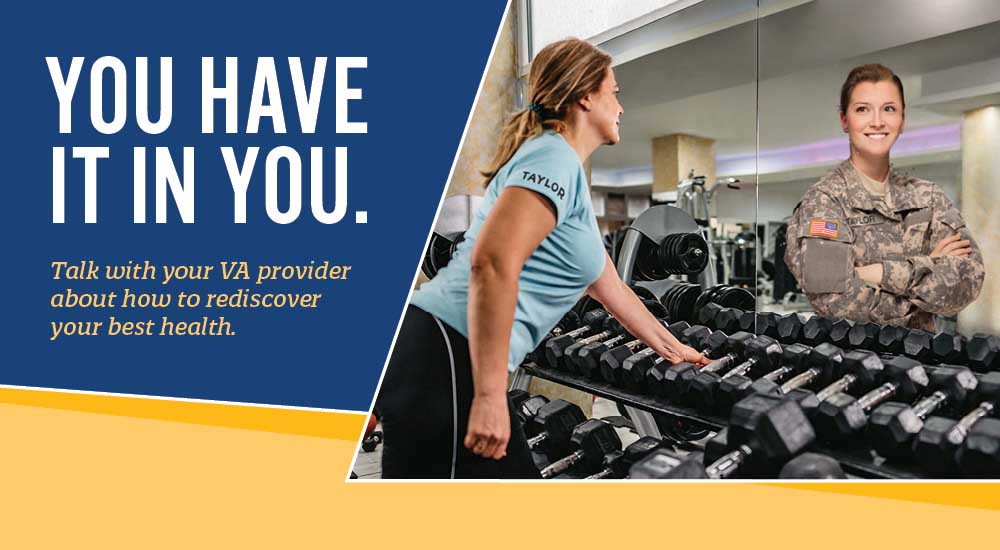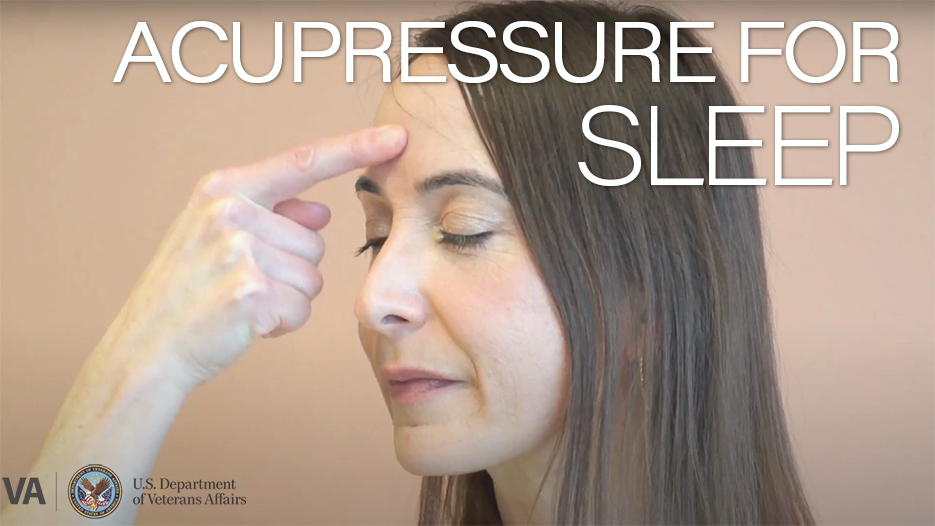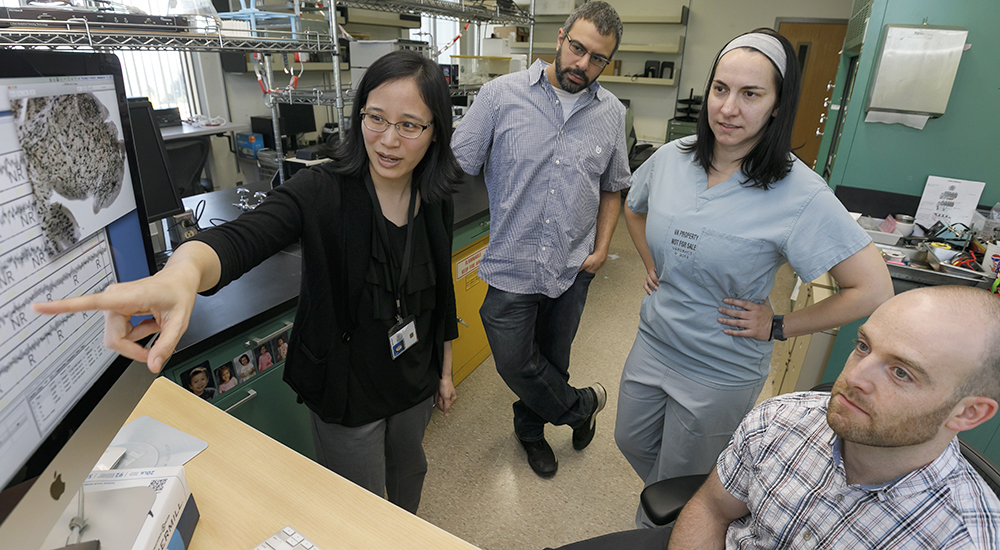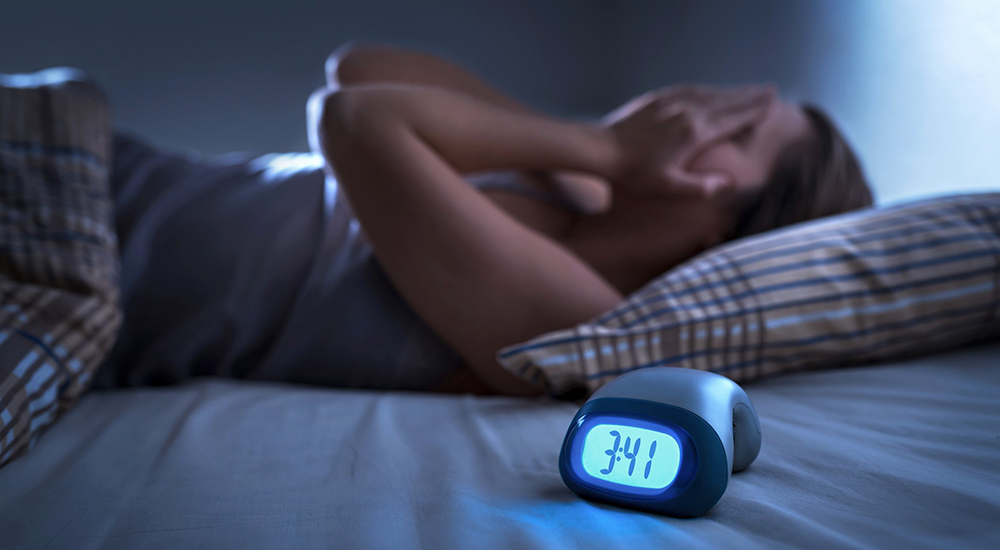The transition from military service to civilian life often includes difficulties with sleep, especially for Veterans with lingering trauma.
“I’m very proud to have advanced the quality of sleep medicine for a community that really needs it—our Native Americans.”
Telehealth options are making sleep medicine more accessible.
New pilot aims to address Veteran sleep quality through virtual reality.
VA’s virtual resources can help Veterans receive higher quality sleep
Women Veterans may be eligible for sleep therapy, at-home devices, medication and advanced care.
Sleep is an essential part of our body’s ability to maintain good health. Many people struggle with getting enough, which can be due to having difficulty falling asleep, staying asleep, and waking up earlier than desired.
PTSD and sleep are so closely linked that treating sleep issues can make PTSD treatment more effective. Sleep-specific treatment is important.
You have it in you. Rediscover your best health using tools gained during your time in the service. VA can help you improve your physical and mental wellbeing.
Many things can affect the ability to fall asleep and stay asleep. Our sleep patterns can change as we age and not everybody requires the same amount of sleep. Some people may sleep through the night, but they do not feel refreshed when they wake up. Sometimes after several nights of poor sleep, people may begin to worry or feel anxious anticipating another night of struggle. Acupressure, along with your other medical care, may be useful to support your sleep.
Neurologist specializes in treating sleep disorders. Program aims to understand sleep and the impact that poor sleep can have on the brain and body. And how sleep is affected by TBI and PTSD.
Insomnia can develop due to stress. Loss of sleep itself can become a new stressor. Here are some sleep strategies that can help keep sleep on track and prevent insomnia disorder.

